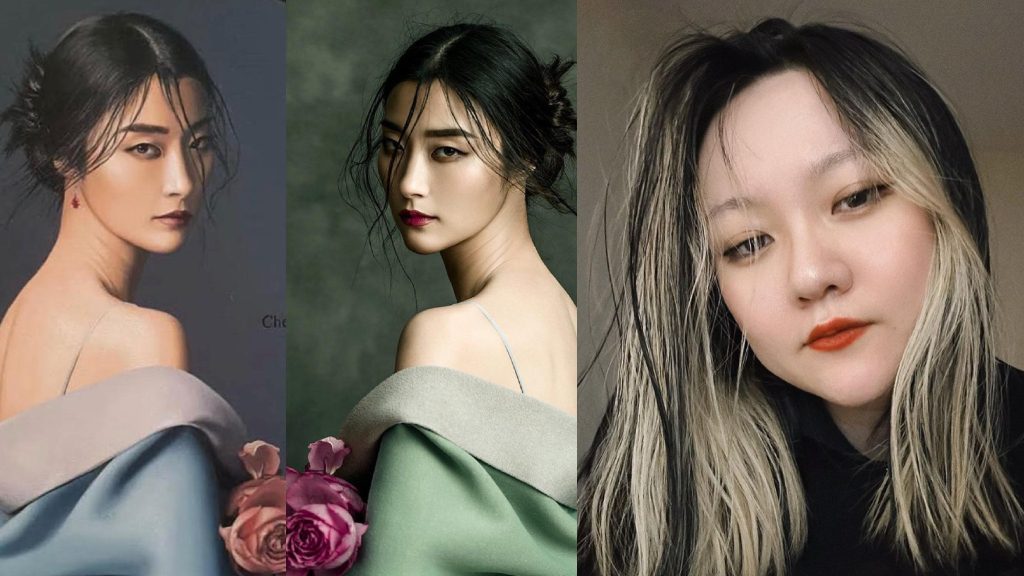A court in Luxembourg has determined that Jeff Dieschburg, the artist accused of imitating the work of Singaporean photographer Jingna Zhang, committed plagiarism.
Key points:
- Zhang celebrated her win in an Instagram post, stating that the court found Dieschburg had violated her copyright by using her work without permission. photograph without her permission.
- The ruling follows Zhang's appeal against a 2022 verdict that favored Dieschburg.
- Zhang’s original photo was from a Harper’s Bazaar Vietnam cover shoot in 2017. Despite minor differences, a side-by-side comparison of the photo and the painting shows striking similarities.
Catch up:
- In June 2022, Zhang expressed concerns on social media about Dieschburg replicating her photo and receiving a monetary prize, as well as displaying the painting at a prestigious international exhibition. Other artists and supporters joined Zhang in condemning the plagiarism. Other creators shared similar encounters with Dieschbourg.
- Since Zhang accused Dieschburg, he has faced has faced significant backlash, prompting him to seek legal representation. Zhang has also hired legal representation, underscoring the importance of honoring copyright.
- In December 2022, a district court in Luxembourg ruled in favor of Dieschburg, arguing that “the model’s pose in my photo is not unique.” However, Zhang criticized the ruling as nonsensical and filed an appeal.
The details:
- “This victory holds great significance—not just for me but for artists & photographers everywhere,” Zhang expressed in an Instagram post on Friday. “It serves as a reminder that copyright safeguards individuals from those who attempt to profit from our work without permission. It reaffirms that simply because our work is available online does not mean we relinquish our rights.”
- Zhang stresses the significance of obtaining consent when using creative work, regardless of the medium or its availability online, stating, “So the next time you see someone do this to an artist and claim that ‘using a different medium is transformative and not copyright infringement’ or ‘this was found on the internet so it’s free to use!’ Show them my case. Because they are incorrect.”
- She reflected on enduring two years of harassment throughout her legal battle, such as instances of her home address being exposed and receiving threats of self-harm. But Zhang remained steadfast in her fight against injustice, advocating for standing up to bullies who exploit power imbalances.
- “It’s hard to find the right words after 2 years of suppressing what I can say or post. And I’m still processing the fact that I can finally start to have my life back now,” Zhang concluded. “I hope bit by bit, I can return to how much I used to create and share. Thank you.”



